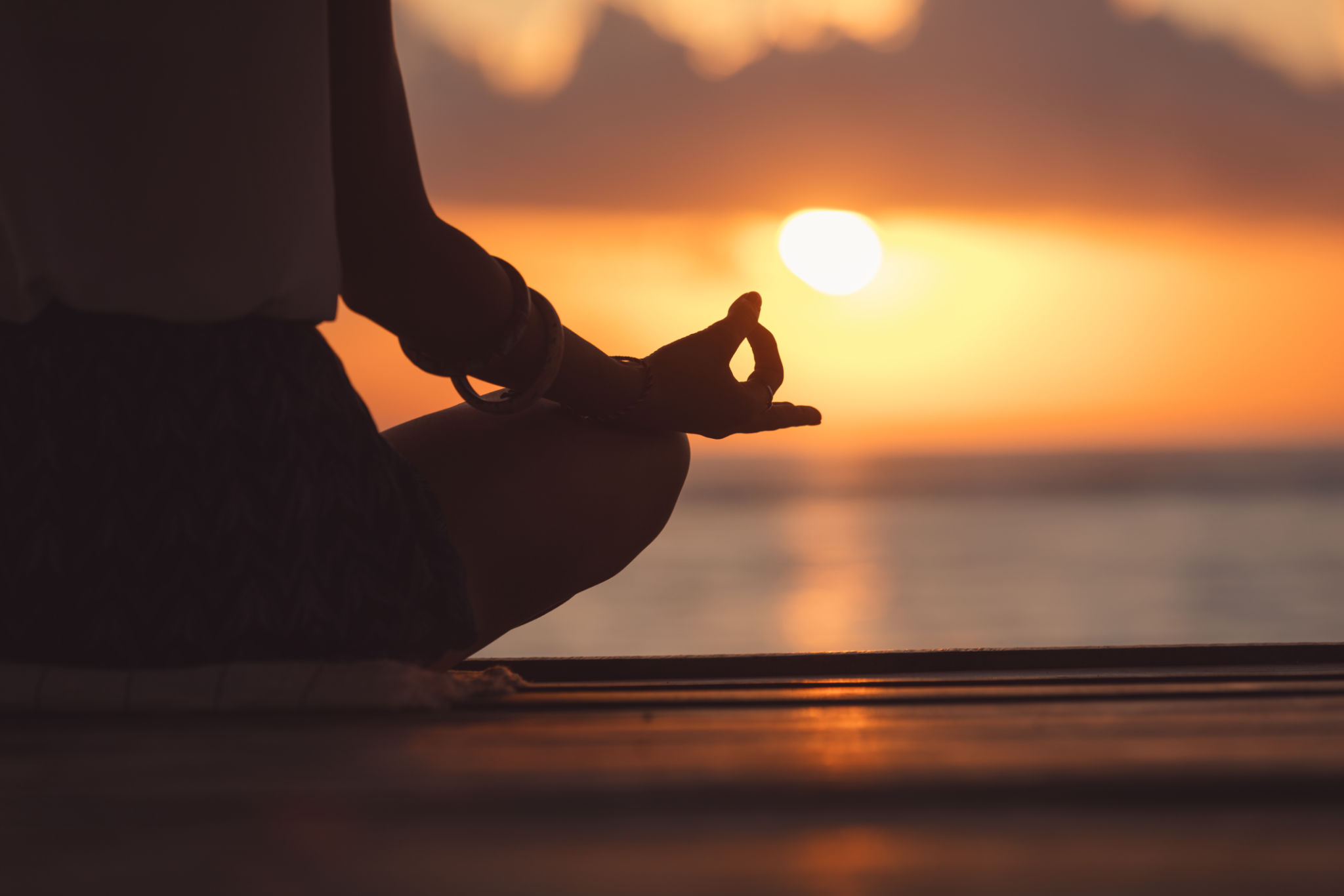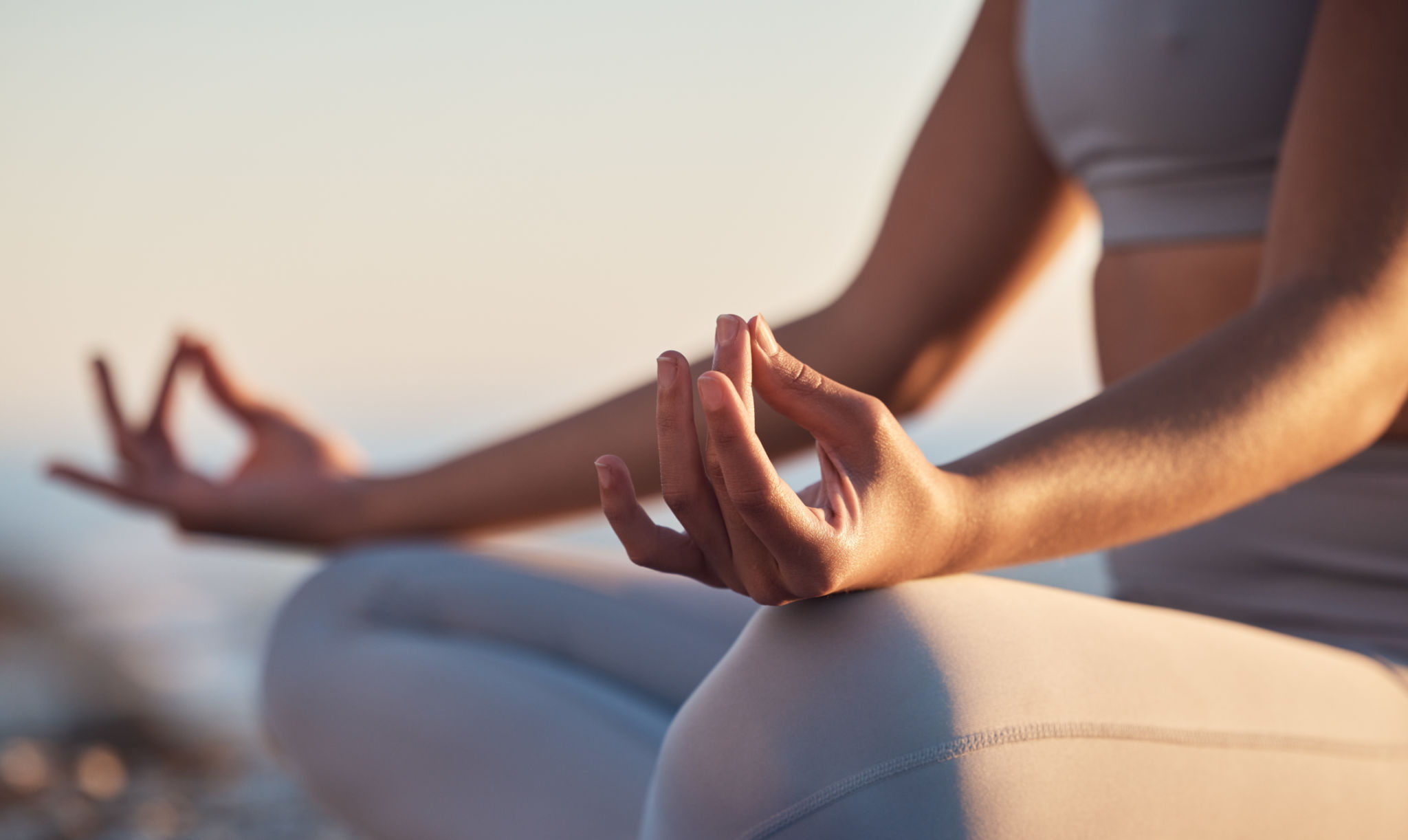The Role of Meditation in Personal and Global Well-being
LR
The Importance of Meditation
Meditation is an ancient practice that has found renewed interest in modern times due to its profound benefits on both personal and global well-being. As the world becomes increasingly fast-paced and stressful, more individuals are turning to meditation as a means to cultivate inner peace and improve their overall quality of life. The practice of meditation involves focusing the mind and eliminating distractions, which can lead to a state of tranquility and heightened awareness.
Studies have shown that regular meditation can lead to a myriad of psychological benefits, including reduced stress, improved concentration, and enhanced emotional health. By dedicating time each day to meditation, individuals can develop resilience against the stressors of daily life, leading to a more balanced and fulfilling existence.

Personal Well-being Through Meditation
On a personal level, meditation offers numerous advantages that contribute to a healthier lifestyle. One of the most notable benefits is its ability to reduce stress and anxiety. As individuals meditate, they enter a state of relaxation that can lower blood pressure, decrease heart rate, and reduce the production of stress hormones.
Meditation also enhances mental clarity and focus. By practicing mindfulness, individuals train their minds to concentrate better on tasks at hand, leading to improved productivity and decision-making. Furthermore, meditation encourages emotional well-being by promoting self-awareness and empathy, helping individuals manage negative emotions more effectively.

The Global Impact of Meditation
The benefits of meditation extend beyond the individual to foster global well-being. When practiced collectively, meditation can lead to positive societal changes. Communities that embrace meditation often experience enhanced social harmony, as individuals become more compassionate and understanding toward one another.
Moreover, widespread meditation practices can contribute to global peace efforts. By fostering a mindset of peace and non-violence, meditation can play a crucial role in conflict resolution and the promotion of tolerance across different cultures and communities.
Incorporating Meditation into Daily Life
Incorporating meditation into one's daily routine does not require significant time investment or drastic lifestyle changes. Here are some simple steps to get started:
- Set aside a few minutes each day: Begin with a short five-minute session and gradually increase the duration as you become more comfortable with the practice.
- Create a dedicated space: Find a quiet and comfortable spot where you can meditate without distractions.
- Focus on your breath: Concentrate on your breathing pattern, allowing your mind to clear as you inhale and exhale slowly.

Meditation for All Ages
Meditation is a versatile practice suitable for individuals of all ages. Children can benefit from improved focus and emotional regulation, while adults may find relief from the pressures of work and family life. Seniors can also enjoy enhanced cognitive function and reduced feelings of loneliness through regular meditation.
Incorporating meditation into educational settings or workplace wellness programs can further amplify its benefits, creating environments that support holistic well-being for everyone involved.
The Future of Meditation
As scientific research continues to explore the impact of meditation on brain function and overall health, its acceptance as a mainstream wellness practice grows. The future holds exciting possibilities for integrating meditation into various aspects of daily life, from healthcare systems to corporate environments.
By embracing meditation, individuals and communities alike can work towards a future marked by greater peace, understanding, and well-being.